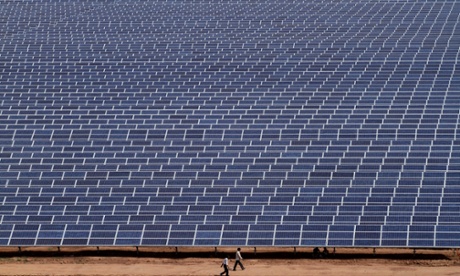You know that like attracts like, right? So here’s the deal: Positive people are drawn to positiveenergy; negative people are drawn to negative energy.
We tend to perceive negative energy as something other people have. Sure, sometimes we feel negative – as in, “go away and leave me alone, world!” but did you know that negativity can be so ingrained in you that it goes unnoticed?
That’s because negativity sometimes wears a disguise called ‘reality’. It’s easy to rationalize that you’re ‘just being realistic’ in not daring to act on a dream – and believe it!
You may assume that positive people are not being realistic – that they’re being naive, that they are in denial with their heads stuck in the sand, that they put on fake smiles in the face of difficulty and so forth. But are they really happy idiots or is there something to their positivity?
Consider this: since when does ‘being realistic’ necessarily mean that things will go wrong and that you have to accept that as the truth?
That doesn’t mean that being realistic is automatically negative. When you view the world from a ‘realistic’ standpoint, you can’t help but be negative IF your version of reality is negative.


 A recent
A recent 

